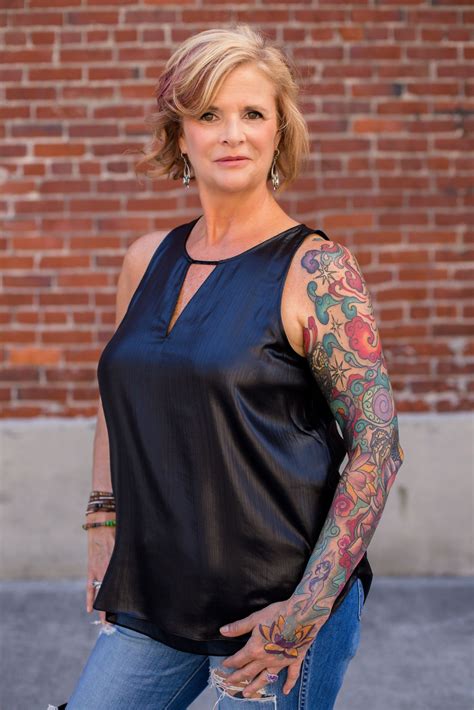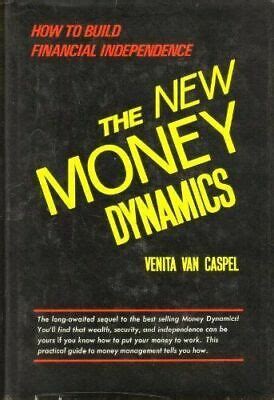A Quote by Felix Dennis
No poetry that I'm aware of, however bad or glorious, has ever left somebody a worse person than they were before they read it.
Related Quotes
It is much, much worse to receive bad news through the written word than by somebody simply telling you, and I’m sure you understand why. When somebody simply tells you bad news, you hear it once, and that’s the end of it. But when bad news is written down, whether in a letter or a newspaper or on your arm in felt tip pen, each time you read it, you feel as if you are receiving the bad news again and again.
It's highly dishonorable to ever quit a production. I never have done it, and I can't imagine ever doing it. However, I have been in productions before where, on the first in the read-through, you feel that someone is in trouble, and indeed, actors have been let go shortly after read-throughs. I've seen that happen before.
Nothing's new since Genesis. And so everybody in their life thinks history began when they were born. Most people's historical perspective happened when they were born in the sense that nothing has ever been this bad. "We've never gone before this before," and of course we have. Things have been worse in many ways in the country.
Kools and Newports were for black people and lower-class whites. Camels were for procrastinators, those who wrote bad poetry, and those who put off writing bad poetry. Merits were for sex addicts, Salems were for alcoholics, and Mores were for people who considered themselves to be outrageous but really weren't.
I know some of you are Thinking maybe I deserved it. But before you start pointing Fringers, let me ask you Is what I did really so bad? So bad I deserved to die? So bad I deserved to die like that? Is what I did really much worse Then what anybody else does? Is it really so much worse Than what you do?
My biggest poetic influences are probably 20th-century British and Irish poets. So I suppose I'm always listening for the music I associate with that poetry, the telling images, the brevity. I want to hear it in my own work as well as in the poetry I read. However, I think I'm generally more forgiving of other poets than myself.
But my body was telling its story. I have read a lot of stuff about cancer. I needed this book. I wish I'd had this book when I had cancer. I wanted someone to be talking to me about "fart floors." I wanted somebody telling me what it was like to have a colostomy bag. I felt so alone. And if you're a person who's been traumatized by past abuse, it's so potentially re-traumatizing. You slip right into "oh my god, this is the only person this has happened to before" mentality: "I'm especially bad and I have especially bad cancer..."
With Lenin it was always a substantial commitment. I always have a certain admiration for people who are aware that somebody has to do the job. What I hate about these liberal, pseudo-left, beautiful soul academics is that they are doing what they are doing fully aware that somebody else will do the job for them.


































